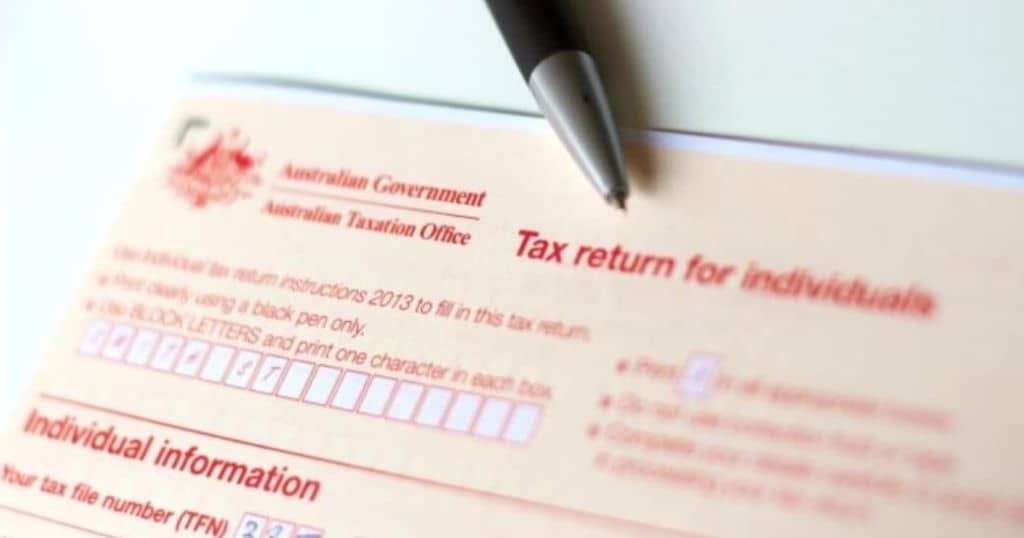The Australian Tax Office (ATO) has outlined its focal points for this tax season. These areas mirror focus areas from the previous year however, they should still be regarded as important to ensure correct compliance.

The ATO have listed tips for rental property owners to ensure they are correctly claiming their property expenses:
1. Initial Repairs and Capital Improvements: Initial repairs cannot be deducted and form part of the Capital Gains Tax (CGT) cost base. A capital works deduction may be applicable. (This is depreciation!)
2. Claiming Interest on Loans: Only the portion of interest incurred on loans related to the rental property can be claimed. Interest must be apportioned if the loan is used partly for personal purposes.
3. Claiming Borrowing Expenses: If borrowing expenses exceed $100, the deduction is spread over five years. However, the claim is not linear, and costs must be apportioned in the first year based on the property’s ownership period.
4. Claiming Purchase Costs: Costs associated with buying and selling a rental property, such as stamp duty and conveyancing fees, are not deductible. Instead, they are added to the cost base.
5. Handling Construction Costs: Certain building expenses, like extensions and structural improvements, can be claimed as capital works deductions at 2.5% of the construction cost over 40 years from completion.
6. Claiming Body Corporate Fees: Payments to body corporate administration funds are fully deductible in the income year incurred. However, funds allocated to special purpose funds for major capital improvements are of a capital nature and not immediately deductible. They may be claimable as a capital works deduction.
7. Apportioning Expenses for Co-Owned Properties: Rental income and expenses for co-owned rental properties must be declared and claimed based on legal ownership. Joint tenants split equally, while tenants in common apportion based on ownership interests.
8. Apportioning Deductions for Private Use: Deductions can only be claimed for periods the property is rented or available for rent. If only part of the property is rented or rented for part of the year, expenses must be apportioned accordingly.
9. Record-Keeping: Taxpayers must maintain evidence of rental income, expenses, and capital gain/loss calculations.
10. Handling Capital Gains on Sale: Ensure the cost base is accurately calculated, reducing amounts already claimed as deductions against rental income, such as depreciation and capital works deductions.
Landlords are advised to meticulously review their records before filing returns or enlist the assistance of a registered tax agent to ensure correct deduction claims. Providing comprehensive records to tax agents enables accurate preparation of tax returns, ensuring all entitled deductions are claimed without error.
Another focus area for the ATO is work-related expenses, particularly in light of recent changes to work-from-home (WFH) deduction rules. The ATO warns that many taxpayers may make errors due to changes to the fixed rate method of calculating WFH deductions, necessitating detailed records of hours worked from home and additional incurred expenses.
Taxpayers can choose between the actual cost or fixed rate method for calculating WFH expenses, but meticulous record-keeping is essential to substantiate claims. Merely copying and pasting last year’s WFH claim is discouraged, as eligibility criteria may have changed, and insufficient records could result in disallowed deductions.
Additionally, taxpayers are advised against rushing to lodge returns on 1 July, especially if they have income from multiple sources. Omissions of income, such as interest from banks, dividend/investment income, and payments from other government agencies and private health insurers, are common in hastily filed returns. Taxpayers should verify if their income statements are marked as “tax ready” and if income is pre-filled in myTax before filing.

